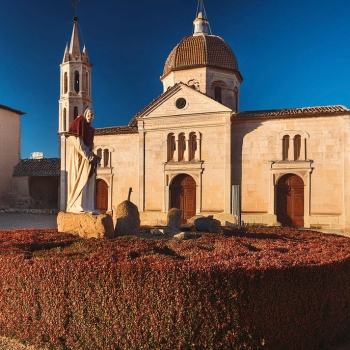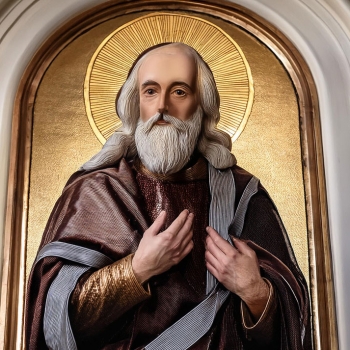January 27, 2025, marks the 80th anniversary of the liberation of the German Nazi concentration camp Auschwitz by the Red Army. This is one of the most significant events in the history of the 20th century, reminding us of the tragedy of millions who fell victim to the atrocities of the totalitarian regime. This day has been established as International Holocaust Remembrance Day to ensure the world never forgets this human tragedy.
The Auschwitz concentration camp was established by the German Nazi authorities in May 1940 in Oświęcim, Poland. Initially, it was intended to detain Polish political prisoners, but over time, it became one of the main centers for the extermination of Jews, Roma, prisoners of war, and other groups deemed enemies of the Third Reich. The camp operated for nearly five years, until January 1945. It is estimated that approximately 1.1 million people were murdered in Auschwitz, including around 1 million Jews, 70,000 Poles, 21,000 Roma, and prisoners of other nationalities.
Father Maximilian Maria Kolbe
In Auschwitz, St. Maximilian Maria Kolbe, a Franciscan friar, gave his life and earned the title “Martyr of Love.” Father Kolbe, born in 1894 in Zduńska Wola, was a man of deep faith, devoted to the Virgin Mary, and actively involved in the development of the Militia Immaculatae movement. During the war, he was arrested by the Gestapo for helping Jews and Polish refugees.
In July 1941, Kolbe voluntarily offered his life in exchange for a fellow prisoner, Franciszek Gajowniczek, who had been condemned to death by starvation. His heroic act of love and sacrifice for another became a symbol of hope and the triumph of good over evil. In 1982, Maximilian Kolbe was canonized by Pope John Paul II as a martyr.
Edith Stein and Rosa Stein
Edith Stein, also known as St. Teresa Benedicta of the Cross, was a prominent philosopher and Jewish woman who converted to Catholicism. Born in 1891 in Wrocław, she was one of the most significant students of Edmund Husserl, the founder of phenomenology. Her spiritual journey led her to the Catholic Church, where she became a Carmelite nun.
In 1942, Edith and her sister Rosa, who also converted to Catholicism, were arrested by the Gestapo in the Netherlands due to their Jewish heritage. In August of the same year, the sisters were deported to Auschwitz, where they perished in the gas chambers. Edith Stein was canonized in 1998 by Pope John Paul II and proclaimed a co-patroness of Europe in 1999.
Angela Maria Autsch – “The Angel of Auschwitz”
In 1944, Angela Maria Autsch, a nun from Westphalia known as “The Angel of Auschwitz,” also perished in Auschwitz. “Angela came to this house of madness like the smile of dawn, like a ray of sunshine. Amidst the terrible suffering, she created an island of tenderness,” wrote a Jewish doctor, herself a prisoner in the concentration camp, about the work of Sister Angela of the Sacred Heart of Jesus. The beatification process for Sister Angela Autsch is ongoing.
Sinti and Roma Victims
The Holocaust also claimed the lives of Sinti and Roma people. Like the Jews, they were first deprived of their rights and then murdered. In December 1942, a “Gypsy camp” was established at Auschwitz. Few people know that 90% of the deported Roma and Sinti were Catholics. Recently, the Archbishop of Munich, Cardinal Reinhard Marx, acknowledged the moral failure of the Church leadership in the Archdiocese of Munich and Freising in helping Sinti and Roma during the Nazi dictatorship.
Memory and Message
The anniversary of Auschwitz’s liberation is a time for reflection on history and responsibility for the future. The testimonies of figures such as St. Maximilian Kolbe, St. Edith Stein, her sister Rosa, and Sister Angela Autsch teach us that even in the darkest moments, we can remain faithful to the values of love, faith, and solidarity.
Looking at today’s global conflicts, we often forget about past genocides and human tragedies. Therefore, it is all the more important for us, as Catholics and people of goodwill, to remind not only younger generations but also ourselves about these events.
May this anniversary remind us of the need to build a world based on respect for every human being, regardless of nationality, faith, or origin. "Never again"—this call must resonate in our hearts and actions.

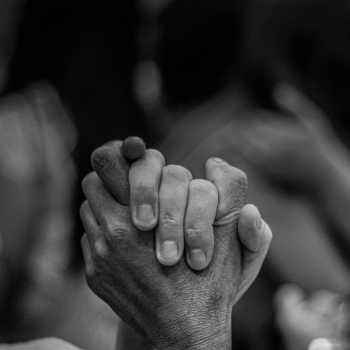
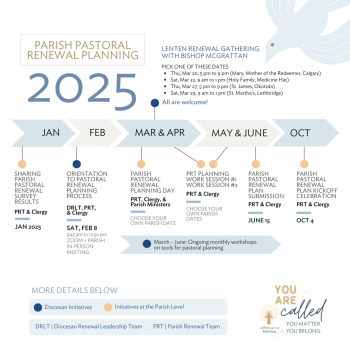
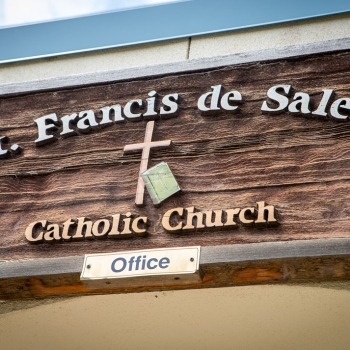
.JPG)
